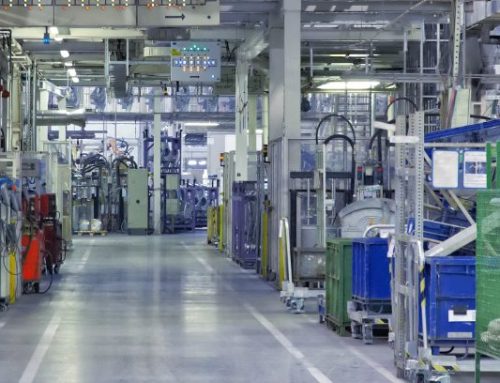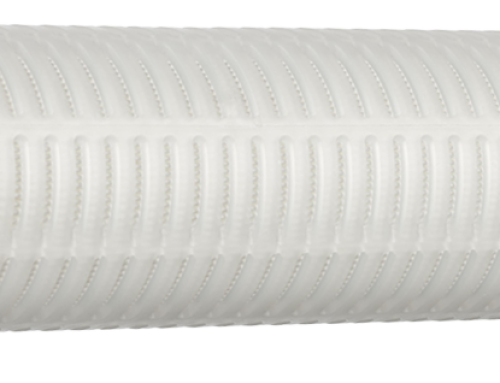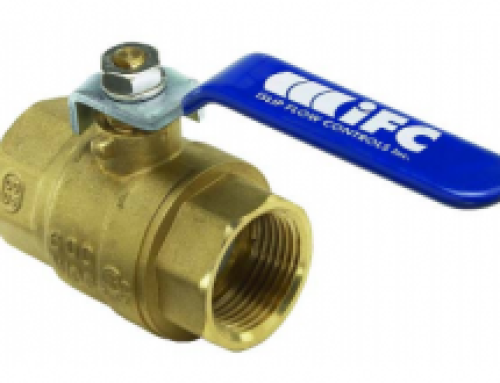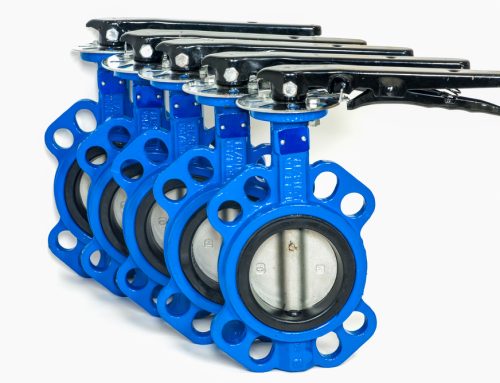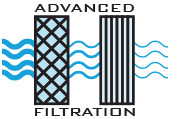In today’s industries, clean air, pure water, and contamination-free production environments are critical for efficiency, regulatory compliance, and product quality. This means that knowing how to choose the right filtration system for you industry is essential, whether you operate in manufacturing, pharmaceuticals, food processing, or another field requiring strict filtration standards.
But with numerous filtration options available, selecting the most appropriate system can be challenging. We at Advanced Filtration have put together this guide to help you select the best industrial filtration system for your industry.
Identify Your Filtration Needs
Before you begin to choose the right filtration system for your industry, it’s essential to understand your industry’s specific requirements and the contaminants you need to remove. Different industries deal with various substances, such as chemicals, particulates, gases, or liquids, which require specific filtration methods. Consider:
- Particle size and type: Are you filtering out dust, bacteria, chemicals, or sediments?
- Liquid, gas, or air filtration: Do you need filtration for air purification, liquid processing, or gas treatment?
- Industry regulations: Compliance with industry standards, such as FDA, ISO, EPA, or OSHA, is crucial. Ensure your filtration system meets relevant codes and standards for indoor air quality, emissions, and permissible exposure limits (PELs).
Consider Filtration Efficiency and Performance
Filtration efficiency is a key factor in determining the effectiveness of your system. Look for:
- Micron rating: This determines the size of particles the filter can remove. For industries dealing with sensitive equipment or quality control requirements, micron-level precision is critical. Ensure the system can filter out particles to the required size to prevent clogs and maintain product quality.
- Flow rate and capacity: Determine the desired flow rate and capacity of your filtration system to match your production needs. A higher flow rate can accelerate the process but may compromise retention efficiency. Balance flow rate with the need for purity and yield.
- Filter lifespan: A longer lifespan reduces maintenance frequency and downtime.
Choose the Right Filtration Technology
Different industries require different filtration technologies. The appropriate filtration technology is based on the contaminants and operating conditions. Some common options include:
- Mechanical filtration: Uses physical barriers to trap contaminants (e.g., pleated filters, mesh screens).
- Activated carbon filtration: Removes odors, chlorine, and organic compounds.
- Reverse osmosis: Effective for desalination and purifying water.
- Electrostatic and HEPA filters: Best for air filtration, especially in cleanroom environments.
Assess Maintenance and Operational Costs
Consider the budget for purchasing and maintaining the filtration system. Systems with longer-lasting filters can be more cost-effective over time. Also, evaluate the ease of maintenance and the availability of technical support from suppliers. Here are some key considerations:
- Filter replacement frequency: Frequent replacements can lead to higher operational costs.
- Ease of maintenance: Choose systems that allow for simple and quick filter changes.
- Energy consumption: Energy-efficient systems reduce operational expenses.
Ensure Compatibility with Your Industry’s Requirements
Different industries have unique filtration needs, and this comes into play when you choose the right filtration system. Consider the following industries and the differences between their filtration needs:
- Pharmaceutical and biotech: Requires ultra-pure filtration systems to maintain sterility and comply with strict FDA guidelines.
- Food and beverage: Must meet NSF and FDA standards for water purity and air filtration.
- Manufacturing and automotive: Need heavy-duty filtration to remove dust, fumes, and industrial particulates.
- Healthcare and laboratories: HEPA and ULPA filtration are crucial for preventing contamination.
Consider the Environmental Impact
Inadequately filtered substances can have a significant environmental impact. It’s important to select a system that minimizes waste and ensures safe disposal practices.
Consult with Filtration Experts
Selecting the right filtration system can be complex, which is why it’s crucial to work with filtration experts to ensure you’re making an informed decision tailored to your specific needs. You also need to ensure that your supplier provides adequate technical support for maintenance and troubleshooting.
Partnering with a trusted filtration provider such as Advanced Filtration, ensures you get the best solution tailored to your industry’s needs. Our filtration experts can help with system design, installation, and maintenance planning.
Contact Advanced Filtration for Your Industrial Filtration Needs
The right filtration system is vital for operational efficiency, regulatory compliance, and quality assurance. By understanding your specific filtration needs, choosing the appropriate technology, and considering long-term costs, you can make an informed decision that benefits your organization.
At Advanced Filtration, we provide tailored solutions for a wide range of industries that have to deal with oil, water, air, gas, and fuel. Contact us today to find the best filtration system for your specific industrial application.


